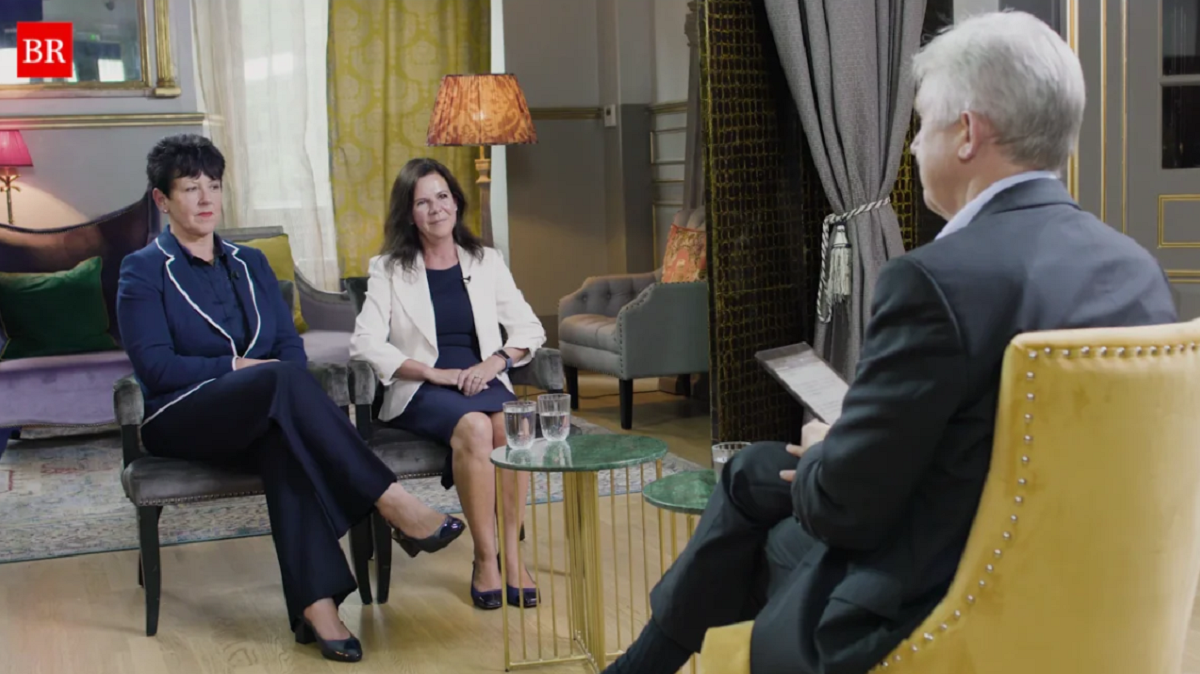Digital 2030
Sponsored by TechUK
We hear all the time that digital technologies are changing the way we live and work. It seems an obvious thing to say. But you only have to look back ten years to see how remarkable the change has been. In 2009, Spotify arrived, Twitter had gone mainstream and GPS navigation was added to the iPhone OS. All of which are technological developments we now take for granted every day. Looking further back, technologies that would have seemed like something out of science fiction in 1999, such as drones, autonomous vehicles, 5G, social media, machine learning and AI, are now a reality and key to the UK’s digital economy and society.
Looking ahead to 2030 and beyond is therefore a bit tricky – what will the future hold? What digital technologies will be part of our lives by 2030? And will this article come back to haunt me? One prediction, I think it’s safe to make is that the technology industry is by no means slowing down. It’s size and economic impact flourishes so much that it is an industry that is creating more jobs that it can fill.
To understand what these new technologies may mean to the UK and how we position it for success, techUK has launched a new area of work to explore and showcase what key emerging and transformative technologies will mean to the UK’s digital future.
We are running campaigns to explore the UK’s quantum future and showcase how drone technology is key to the UK’s fourth industrial revolution, and what needs to happen to realise the positive benefits of these advanced autonomous technologies. Already this work has identified key areas where these emerging technologies could offer huge economic and social potential for the UK, if we are brave and grasp the opportunities now.
For example:
• Support and accelerate cutting edge industry R&D
• Inspire the development of never seen before innovative products and services
• Unlock the full potential and power of data quicker and more effectively
It is, however, also safe to predict that there will be challenges ahead in our advanced digital future that will need to be overcome if the UK is to release the full potential and benefits of emerging technologies, such as:
• Building trust and confidence, in particular when data is used in new ways
• Understand and address the ethical questions tech exploration may raise
• Make sure tech exploration follows a data privacy and cyber security by design approach.
While many questions need to be answered and there are opportunities yet to be uncovered, what does seem clear is that our digital lives in 2030 will be shaped and influenced by the convergence and interplay between these and other key technologies; some that are with us today, such as 5G, AI and IoT, and others that will appear in the future.
Ensuring that every part of the UK economy and society has what they need to make the most of this exciting future will be a key issue discussed at techUK’s upcoming Supercharging the Digital Economy event being held in Manchester on 6 November. Industry leaders and policy makers will be exploring whether we have the capability and capacity we need to succeed, and how to ensure we supercharge the digital transformation of every industry and sector across the UK. Related articles What’s next?

Business Reporter Team
Most Viewed
Winston House, 3rd Floor, Units 306-309, 2-4 Dollis Park, London, N3 1HF
23-29 Hendon Lane, London, N3 1RT
020 8349 4363
© 2025, Lyonsdown Limited. Business Reporter® is a registered trademark of Lyonsdown Ltd. VAT registration number: 830519543




